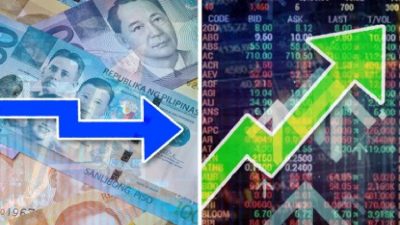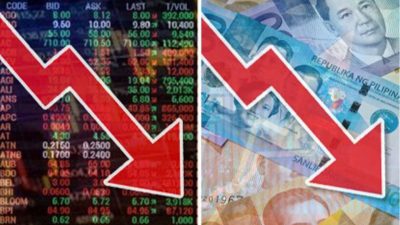MANILA – The country’s trade deficit dropped to USD3.9 billion in June this year, data from the Philippine Statistics Authority (PSA) showed.
In a report released on Tuesday, the PSA said the trade deficit during the month was lower by 33.3 percent than the USD5.8 billion in June last year.
Total external trade in goods reached USD17.32 billion, down by 9.6 percent from the USD19.17 billion recorded in June 2022.
The total value of exports went up by 0.8 percent to USD6.70 billion from USD6.64 billion, driven by the growth in the exports of electronics products which rose by USD421.4 million to USD3.9 billion.
Top export destinations during the month include the United States, People’s Republic of China, Hong Kong, Japan and Republic of Korea.
The total value of imports, on the other hand, contracted by 15.2 percent to USD10.62 billion from USD12.52 billion in the same month last year.
According to the PSA, the commodity group with the highest decline in the value of imported goods was mineral fuels, lubricants and related materials at USD1.14 billion.
This was followed by electronic products, which declined by USD756.53 million, and iron and steel by USD319.04 million.
“People’s Republic of China was the country’s biggest supplier of imported goods valued at USD2.38 billion or 22.4 percent of the country’s total imports in June 2023,” the PSA said.
Other major sources of imports were Indonesia, Japan, Singapore and US.
In a comment, Rizal Commercial Banking Corporation (RCBC) chief economist Michael Ricafort said the narrower trade deficit would mathematically lead to faster economic growth.
“This would also somewhat help stabilize the peso exchange rate vs. the U.S. dollars with the corresponding lower requirements to purchase U.S. dollars to finance payments of imports,” he said.
Ricafort said the lower global crude oil prices in June this year helped narrow the trade deficit.
In the coming months, Ricafort said the global trade, including Philippine exports and imports, could pick up after Federal Reserve chair Jerome Powell already signaled recently that the Fed staff are no longer forecasting US recession. (PNA)







